On Wednesday’s broadcast of NPR’s All Things Considered, Frank Langfitt, NPR’s National Correspondent, shared insights from recent conversations with Washington, D.C., residents, revealing stark differences in perceptions of crime across neighborhoods.
Langfitt noted that in the U Street area, residents generally felt crime was not a major concern. However, across the Anacostia River in Congress Heights, the outlook was far more troubling.
Crime Concerns in Congress Heights
Congress Heights, one of the city’s poorest neighborhoods with a predominantly Black population, is considered by the D.C. Police Department to be among the areas with the highest violent crime rates in the city. Residents described frequent shootings, robberies, and burglaries as persistent problems.
According to Langfitt, some locals believe crime in the area is actually worse than official statistics suggest. A number of residents admitted they have stopped reporting incidents to police, feeling that many crimes go unpunished and that reporting them yields little change.
Policing and Federal Response
Langfitt reported that while there was a general openness to increased armed presence to deter crime, many in Congress Heights doubted they would see federal agents in their community. Residents viewed such deployments as largely symbolic and not targeted toward their neighborhoods.
Instead, they suggested a more effective solution would be increased federal funding for the D.C. government to hire additional police officers, enhancing long-term community safety.
Perception Gap Across D.C.
The contrast between the two neighborhoods reflects a divide in how residents experience public safety in the city. While areas like U Street may not feel the direct impact of violent crime on a daily basis, communities such as Congress Heights continue to grapple with ongoing violence — and a growing sense of frustration over the justice system’s ability to address it.
Langfitt’s reporting underscores a critical challenge for D.C. leaders: restoring community trust in law enforcement and ensuring that crime prevention efforts are effective and equitable across all neighborhoods.


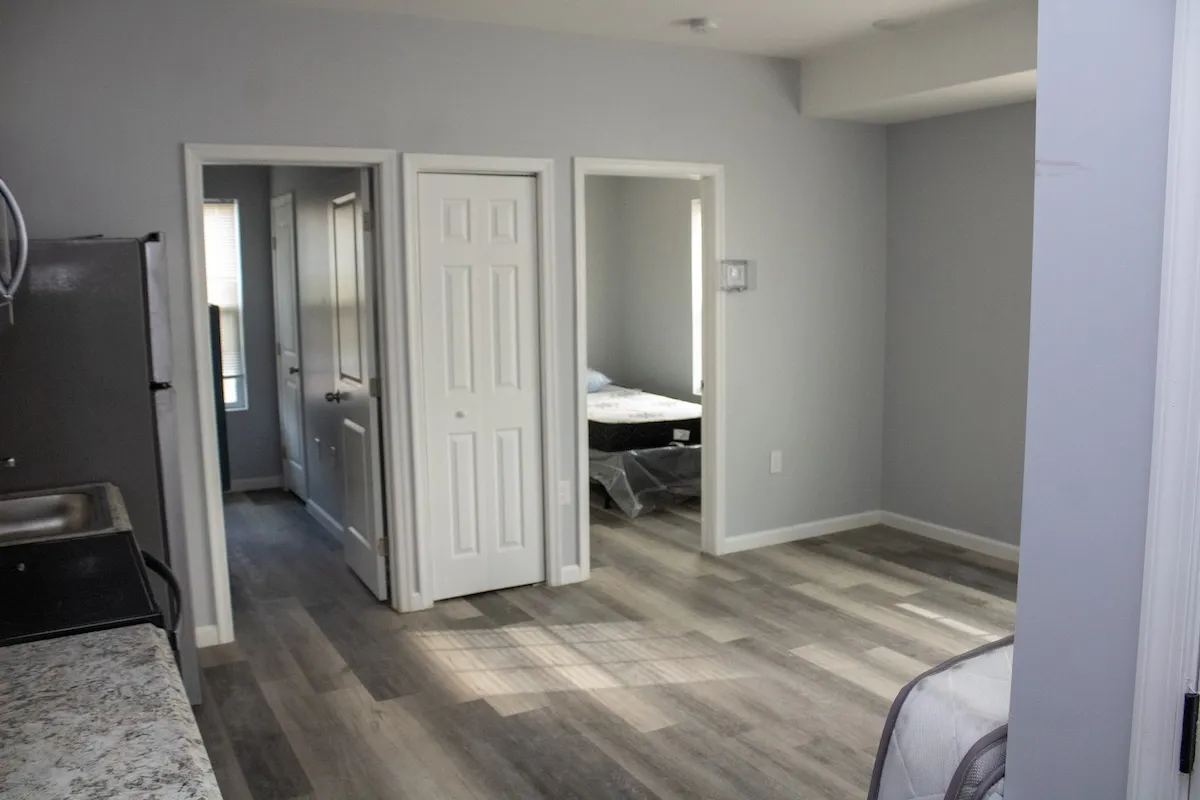
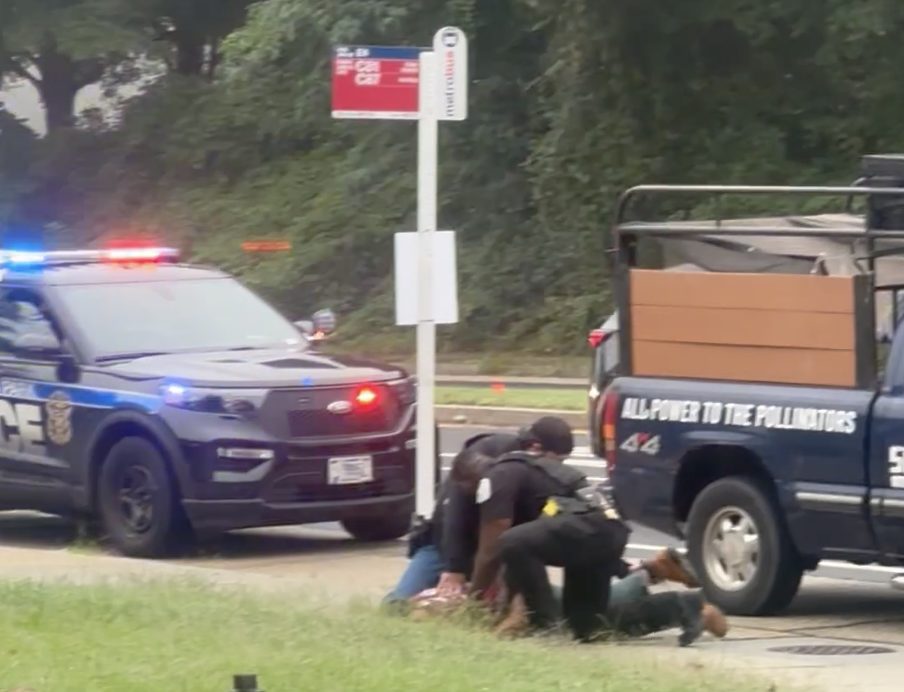
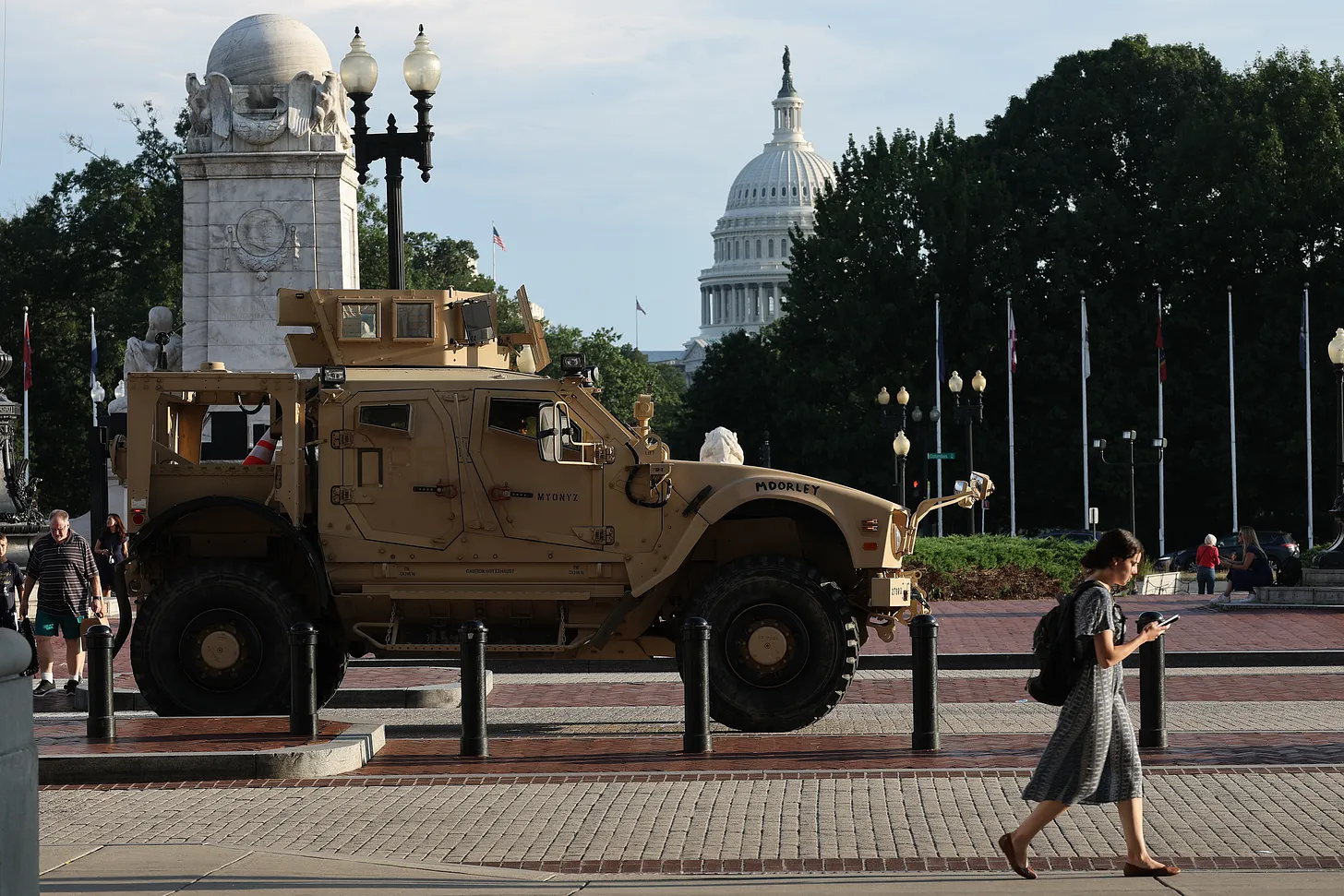
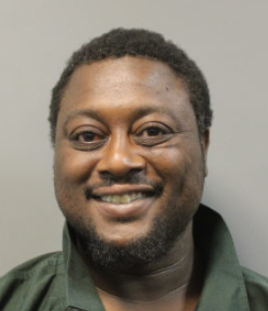
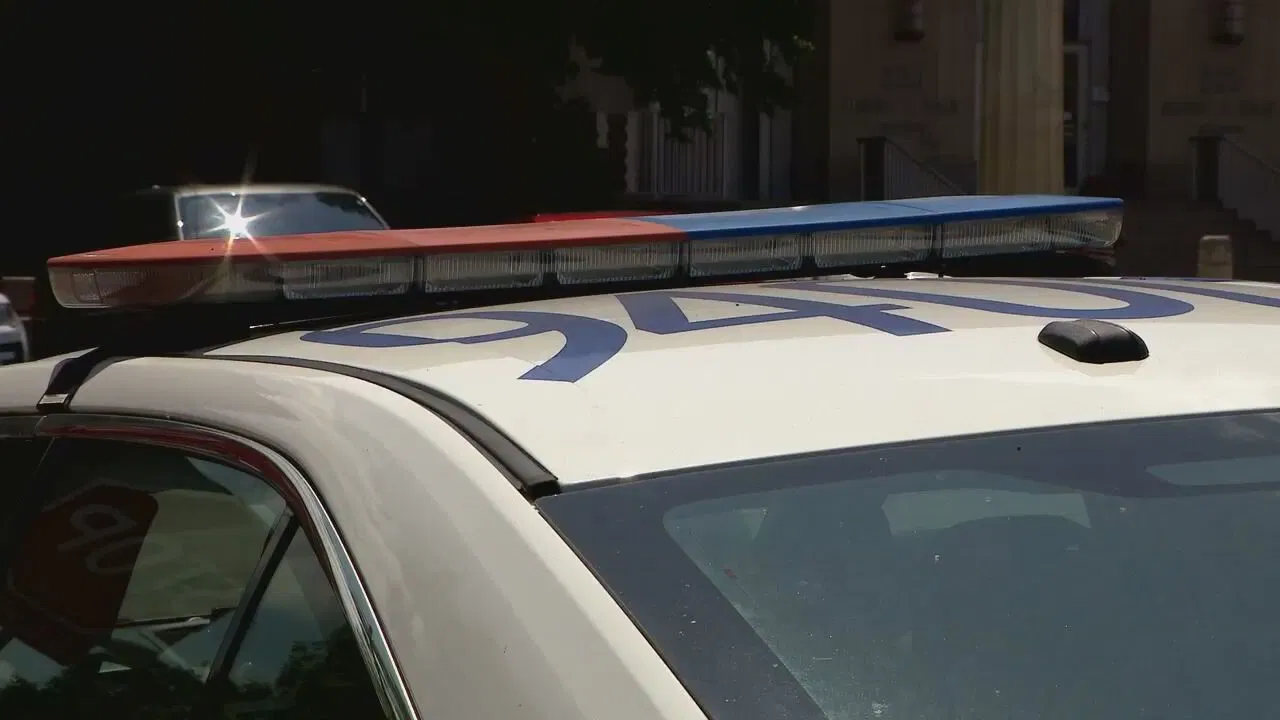


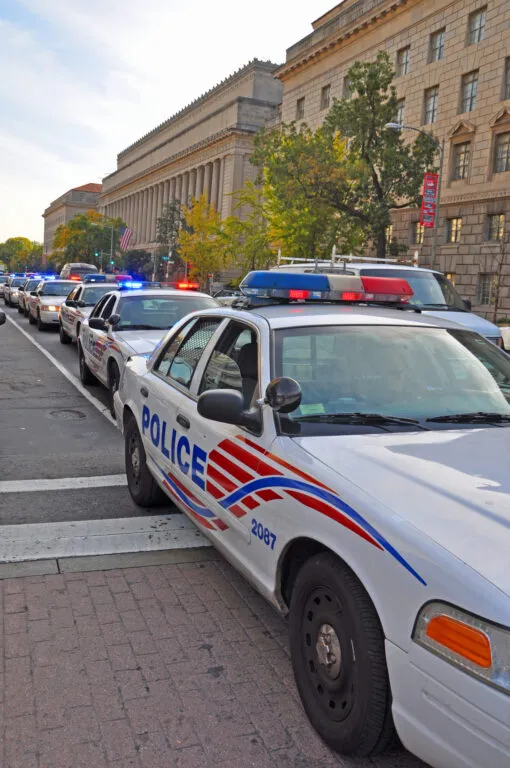

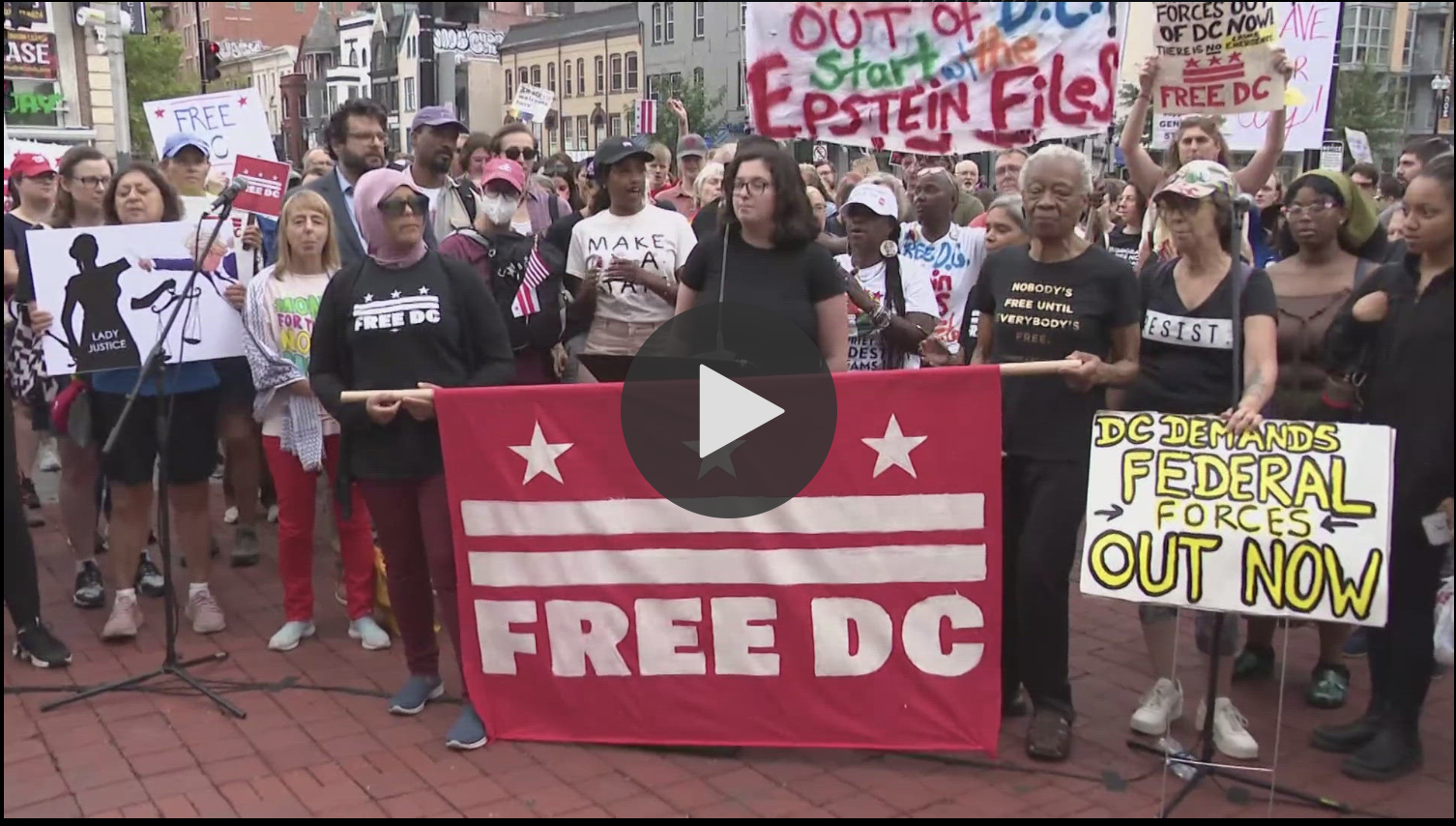

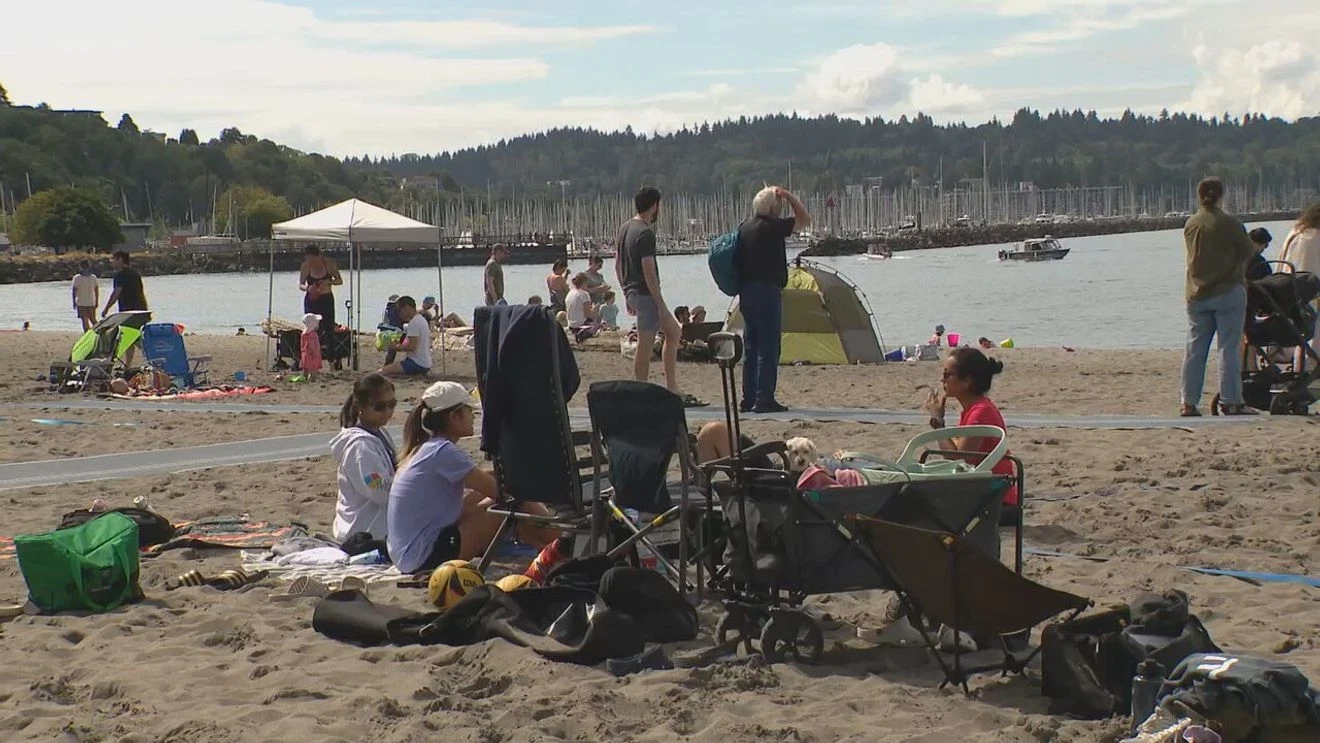
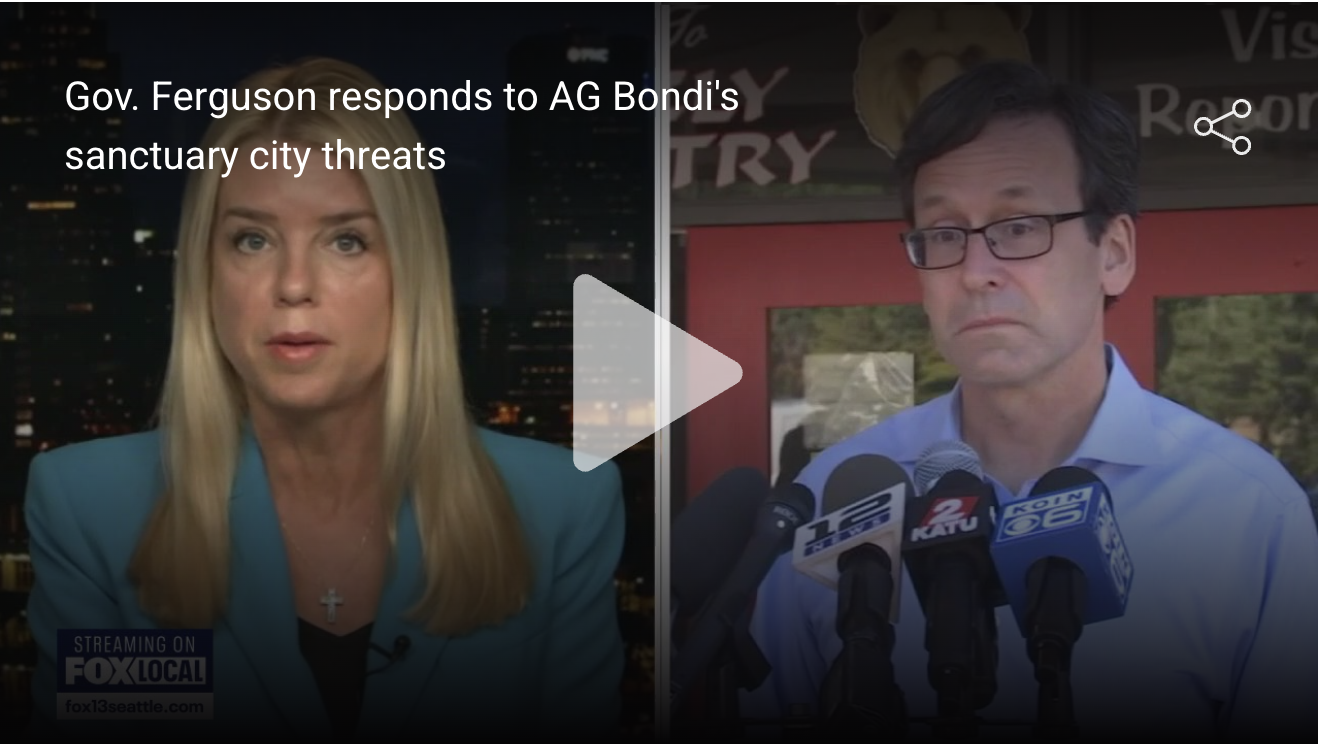
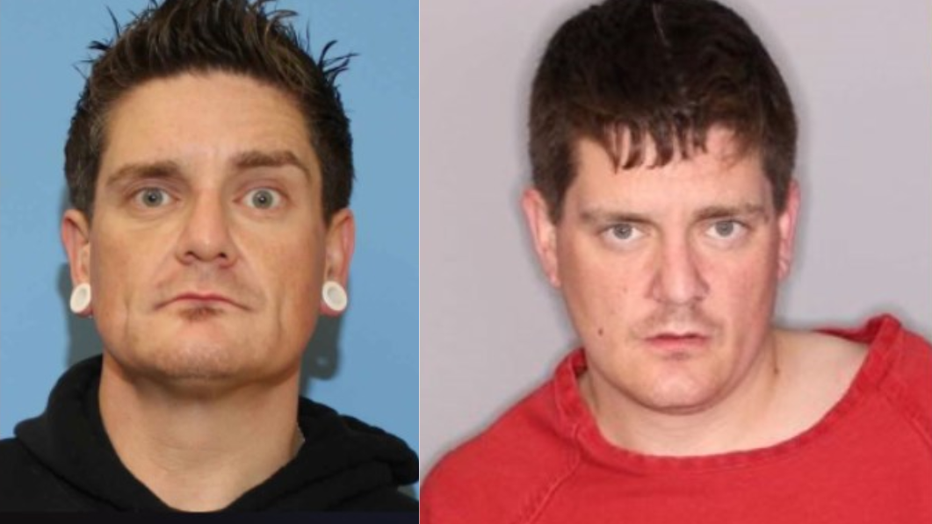
Leave a Reply